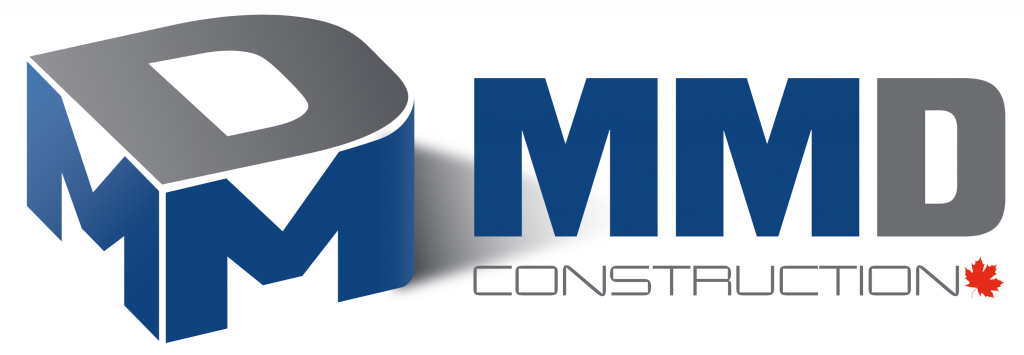Modern workplaces need environments that inspire productivity and attract top talent to your company. Office renovation contractors Toronto businesses rely on understand how space design affects employee performance and satisfaction. The right renovation transforms outdated offices into dynamic spaces that support collaboration and creativity.
Benefits of Professional Office Renovation
Skilled contractors bring expertise that prevents costly mistakes and ensures projects finish on time. Office renovation contractors Toronto companies choose have experience with commercial building codes and workplace safety requirements. Professional project management keeps renovations on schedule while minimizing disruption to daily business operations.
Updated office spaces help attract and retain quality employees who value modern work environments. Contemporary designs support different work styles from quiet focus areas to collaborative meeting spaces. These improvements boost employee morale and productivity while creating positive impressions for clients and visitors.
Planning Your Office Transformation
Successful renovations start with clear goals about how your team works and what they need. Consider current workflow patterns and identify areas where space improvements could boost efficiency. Employee input helps designers create layouts that support actual work habits rather than theoretical ideals.
Budget planning requires balancing immediate needs with long-term growth projections for your business. Professional contractors provide detailed estimates that help you prioritize improvements within available funds. Phased renovations allow businesses to spread costs over time while maintaining operational continuity.
Design Trends in Modern Offices
Open floor plans continue evolving to include quiet zones and private spaces for focused work. Smart designers balance collaboration areas with individual workstations that accommodate different personality types. Flexible furniture systems allow easy reconfiguration as teams grow or project needs change.
Natural lighting and biophilic design elements improve employee wellbeing and reduce energy costs. Large windows, skylights, and plant installations create connections to nature within urban environments. These features reduce stress and improve air quality while enhancing the overall workplace atmosphere.
Technology Integration Services
Modern offices require sophisticated technology infrastructure that supports current needs and future growth. Professional contractors coordinate electrical, data, and communication systems during renovation projects. Proper planning prevents expensive retrofitting when technology requirements change or expand.
Wireless networks, video conferencing systems, and smart building controls need professional installation and configuration. These systems improve operational efficiency while providing flexibility for remote work and client presentations. Quality installations reduce maintenance costs and prevent connectivity problems that disrupt business operations.
Construction and Project Management
Professional contractors handle permit applications and ensure all work meets local building codes. Complex commercial projects require coordination between multiple trades and specialty contractors. Experienced project managers prevent scheduling conflicts and quality issues that could delay completion.
Consider these factors when planning your office renovation project:
• Employee workflow patterns and space requirements • Building code compliance and permit needs • Technology infrastructure and future expansion plans • Noise control and construction scheduling • Furniture selection and delivery coordination • Safety protocols during occupied renovations • Budget allocation and payment schedules • Timeline expectations and milestone planning
Minimizing Business Disruption
Phased construction allows businesses to maintain operations while renovating different areas sequentially. Professional contractors work around business hours when possible to reduce noise and disruption. Temporary facilities may be needed for employees displaced during major renovations.
Clear communication keeps employees informed about construction schedules and safety requirements. Dust control measures protect sensitive equipment and maintain air quality during demolition work. Professional contractors use barriers and filtration systems to isolate construction areas from occupied spaces.
Sustainable Design Options
Energy-efficient systems reduce operating costs while supporting corporate sustainability goals and environmental responsibility. LED lighting, smart HVAC controls, and high-performance windows provide immediate savings and long-term value. Green building certifications may qualify for tax incentives and utility rebates.
Sustainable materials and construction practices appeal to environmentally conscious employees and clients. Recycled content, low-emission finishes, and local sourcing reduce environmental impact while creating healthy work environments. These choices demonstrate corporate values and social responsibility to stakeholders.
Choosing the Right Contractor
Commercial renovation experience differs significantly from residential work in scope and complexity. Look for contractors with portfolios showing similar office projects and satisfied business clients. Professional certifications demonstrate technical knowledge and commitment to industry standards and best practices.
Insurance coverage protects businesses from liability during construction and provides warranty protection afterward. Bonded contractors offer additional financial security if problems arise during or after project completion. Written contracts should clearly outline all work, materials, and completion schedules.
Return on Investment
Well-designed office renovations increase property values while improving employee productivity and satisfaction. Quality improvements become selling points if you decide to relocate or sell the building. Professional renovations typically recover 60-80% of costs through increased property values and operational improvements.
Reduced employee turnover saves recruitment and training costs that affect bottom-line profitability. Modern work environments help attract top talent who might otherwise choose competitors. These benefits justify renovation investments through improved business performance and reduced operational costs.





